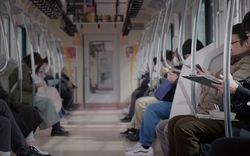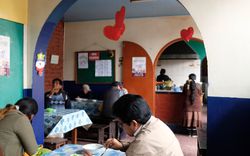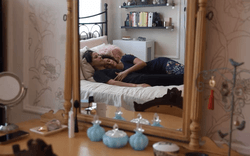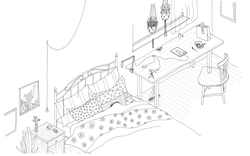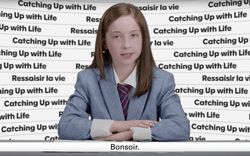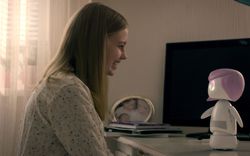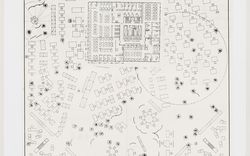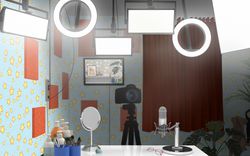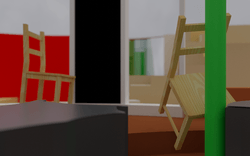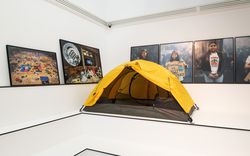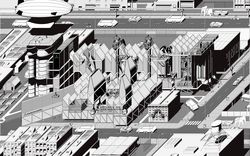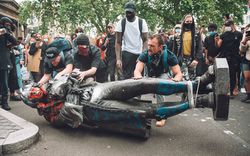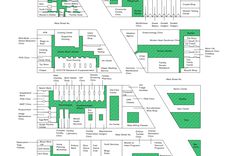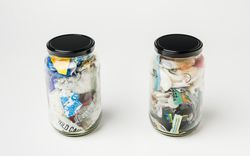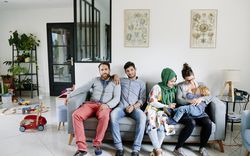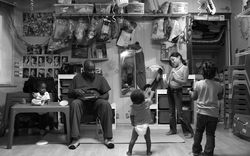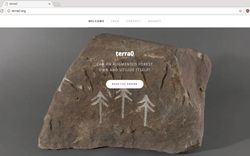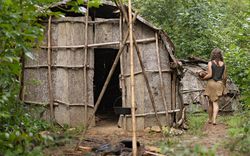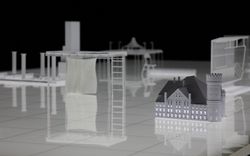What, if not the family?
Guests from multidisciplinary perspectives discuss the spatial implications of ongoing shifts in ideas of the family
Talking about family often leads to talking about society and societal transformations have inspired architecture to house our rituals, norms, and cultural patterns. However, the idea of family as a microcosm for society is itself problematic. There have always been many kinds of families throughout the world, but only some families were sanctioned by legal systems, celebrated in art, or used as the model inhabitants for homes and cities. Yet today, especially in the West, we still live with a twentieth-century social and physical inheritance: the myth of the nuclear family.
Meanwhile, the rate of social transformation and architectural change are no longer in-sync, leading parts of contemporary life to be misaligned with the spaces it occupies as non-traditional families have over time slowly moved into mainstream consciousness. Today, we could consider the traditional family as just one of the many possible permutations. Architecture can be a tool for change, but it cannot anticipate the needs of the future by copying its past.
As part of our year-long project Catching Up With Life, we have elaborated a program to visualize and discuss responses coming from architects, artists, designers, filmmakers and others to the need to consider the family in more complex terms.
Participants include artist and filmmaker Miranda July about how she creates families in film; the architects Grace Mortlock and David Neustein (Other Architects) on their apartment disguised as a single-family home; Elena Schütz, Julian Schubert, and Leonard Streich (Something Fantastic) about their project to rethink how we use apartments during the day and the night; the designers Edit Collective on their “gross domestic product”; and the artist Marisa Morán Jahn and the architect Rafi Segal about Carehouse Baltimore, architect Johanna Hurme (5468796 Architecture) about her work to influence the planning culture in Winnipeg, the activist Nahira Gerster-Sim and the architects Frida Escobedo, Kumiko Inui, and Emanuel Admassu (AD-WO).
For more information on the participants, please visit the event page.
This event was organized as part of the [Catching Up With Life[(https://www.cca.qc.ca/en/events/77949/catching-up-with-life) project.

